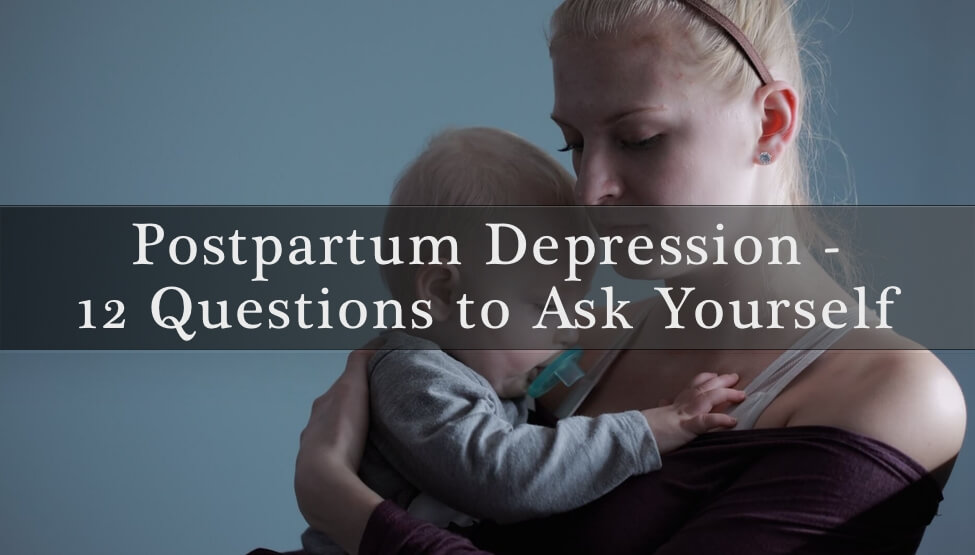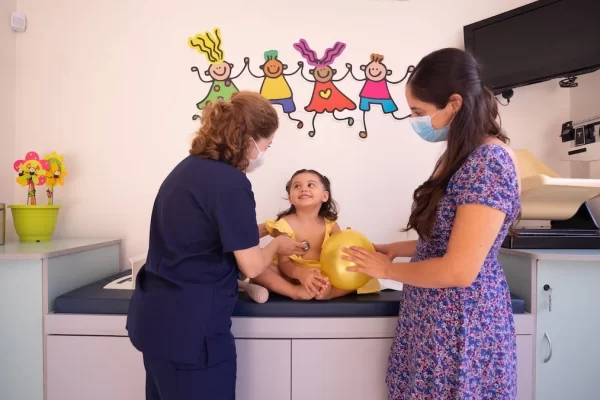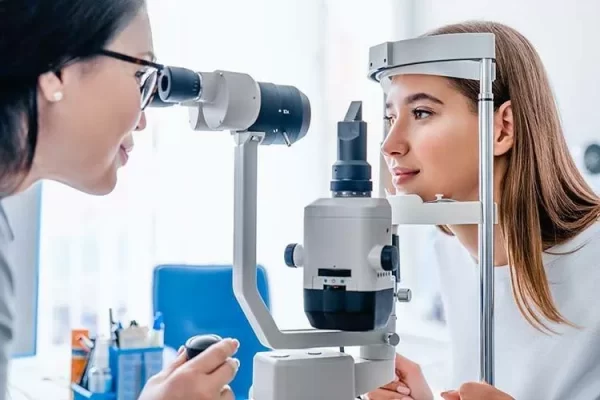Are you a first-time parent experiencing extreme sadness and mood swings because of having a baby? Do you feel overwhelmed and cannot control how much you cry because of parenthood? You probably have Howell postpartum depression, a condition known to occur right after childbirth. Postpartum depression is associated with the physical, mental, and social changes you face right after birth and can usually last longer if you do not go for medical intervention. Read the following article to get answers to some common questions about postpartum depression.
Table of Contents
Who Can Get Postpartum Depression?
You are likely to develop postpartum depression after child delivery, causing hormonal, emotional, and physical changes after having a baby. You do not need to be the one giving birth to a child to have postpartum depression, but even adopting parents and surrogates can be affected. You can develop postpartum depression symptoms as soon as your first week of delivery and may continue for a long time if you do not seek the necessary treatment.
How Will You Know You Have Postpartum Depression?
You may develop baby blues as soon as you deliver, but you will be well within a few days because it is less intense. Postpartum depression, on the other hand, will present more severe symptoms than baby blues and may continue for up to months without treatment. You will experience episodes of crying, feel overwhelmed, lose your appetite, have sudden mood swings, and have trouble sleeping. You may also feel like hurting your baby, wish you were dead, and feel worthless and guilty while feeling on edge most of the time.
Are There Risk Factors for Postpartum Depression?
You have an increased risk of postpartum depression if you have a history of depression, personally or from your family line. You will likely develop postpartum depression if you have limited social support, relationship conflict, single parenthood, or a baby with special needs.
How Long Before Postpartum Depression Goes Away?
Postpartum depression may last up to one year after childbirth, but it does not mean you will be okay in a year. You may need regular talk sessions with your doctor to discuss your symptoms and how your treatment is progressing. You will need to be open and honest about how you feel and if you are getting better than your initial diagnosis. Your doctor will then recommend an appropriate treatment depending on your current symptoms.
Are There Medications for Postpartum Depression?
Your doctor will recommend treatment depending on your symptoms. Your treatment may include antidepressants, anti-anxiety medications, talk therapy, and support groups. Antidepressants will help in balancing chemicals in your brain to improve your moods. Most antidepressants are safe and will not get to your baby during breastfeeding.
Postpartum depression is not only for the one giving birth but can also affect a family adopting a child and surrogates. Mood changes may begin with baby blues, starting in the first week after childbirth. Baby blues will only last within two weeks and will go away even without treatment. However, postpartum depression presents more severe symptoms that keep advancing if you do not go for treatment. You will require treatment to manage symptoms of postpartum depression to eliminate the negative feelings that come with childbirth.











